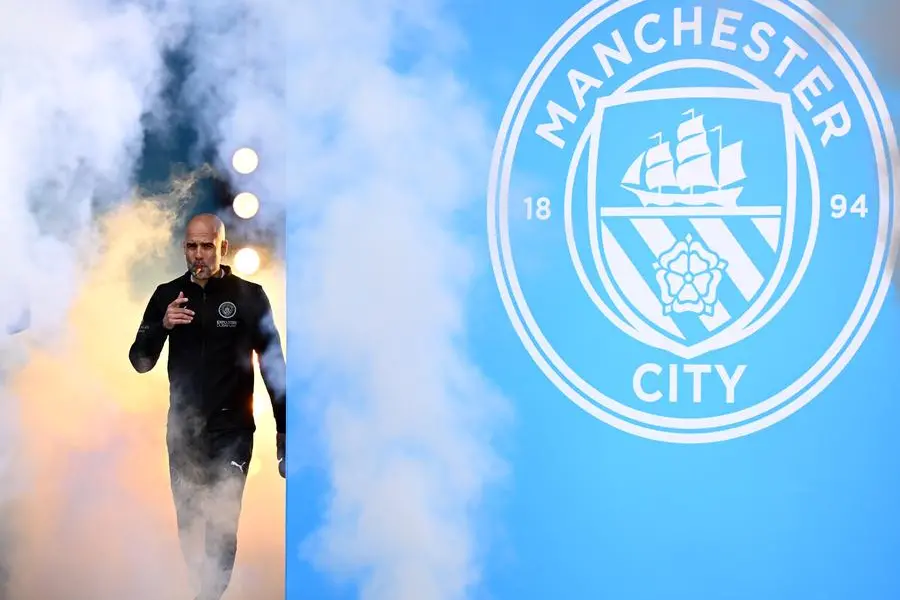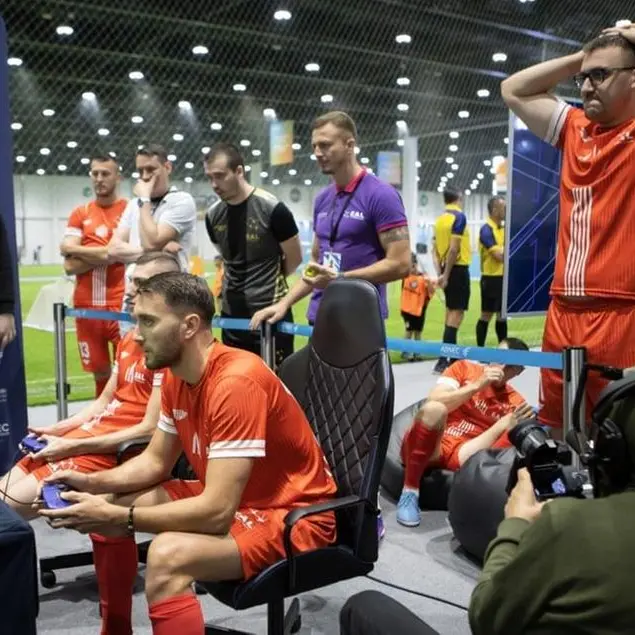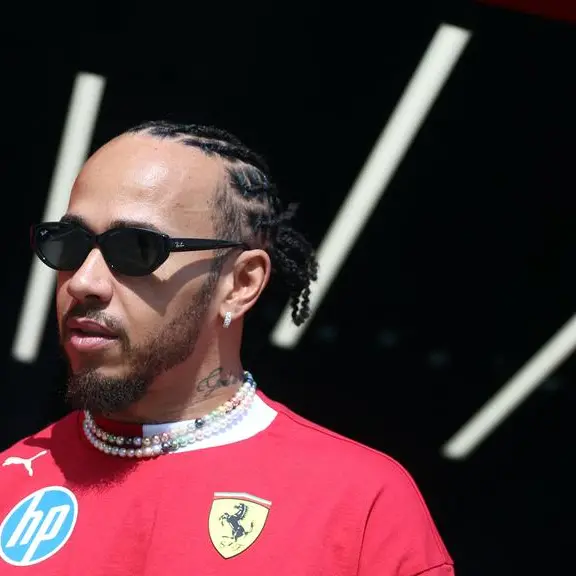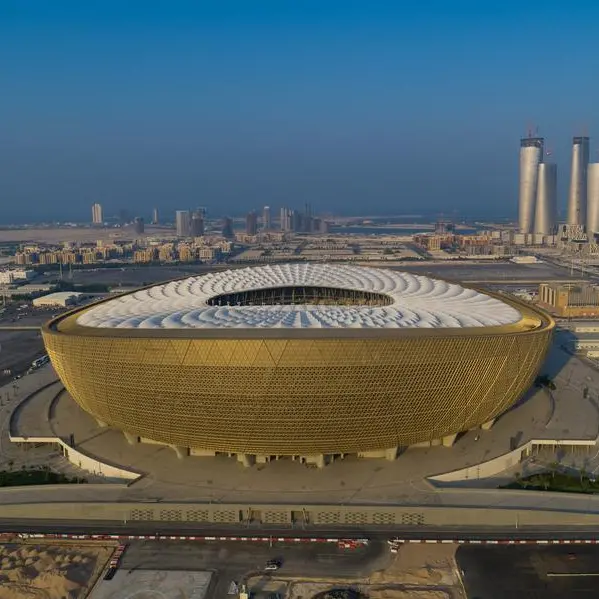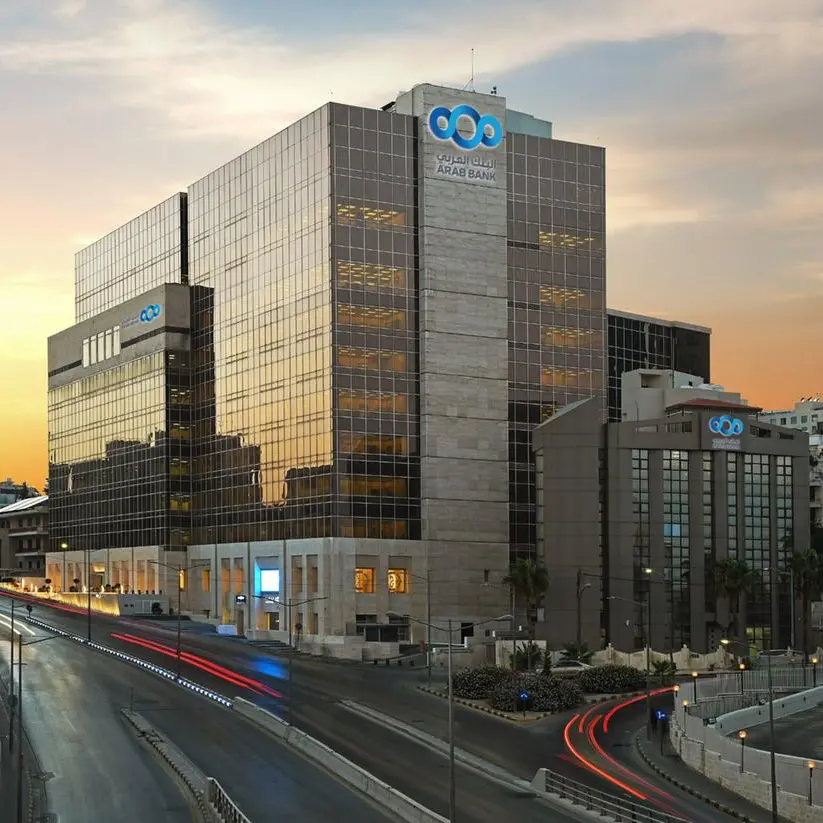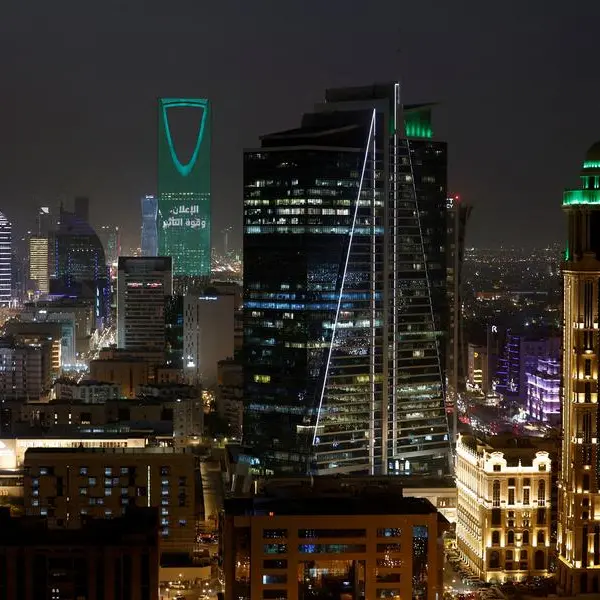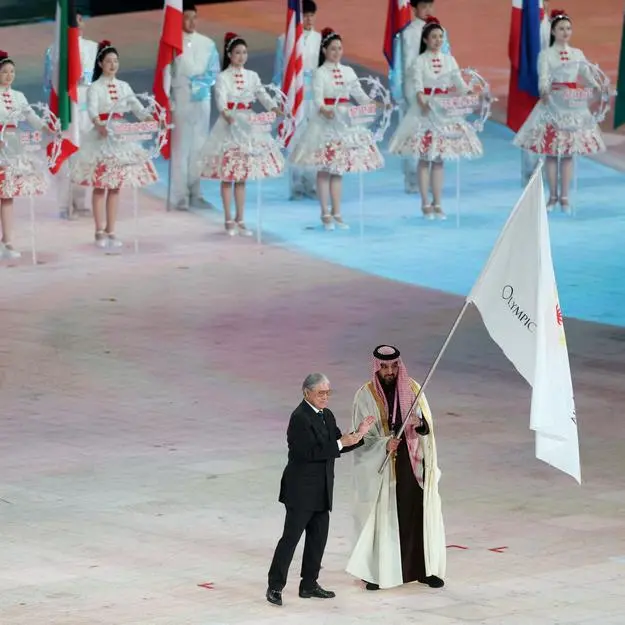PHOTO
Saturday's Champions League final between Manchester City and Inter Milan in Istanbul could mark a definitive turning point in European football.
Victory for City would be the first for a state-backed outfit in Europe's elite club competition, after more than a decade of trying.
The club that has just won a fifth Premier League title in six seasons has been transformed since the 2008 takeover by the Abu Dhabi United Group, backed by Sheikh Mansour bin Zayed al-Nahyan.
They reached their first Champions League final in 2021, losing 1-0 to Chelsea.
Beaten by Real Madrid in the semi-finals last year, City exacted revenge on the great aristocrats of European football in this season's semi-finals.
Having added the FA Cup to their Premier League title, they are eyeing a treble in Istanbul, something City boss Pep Guardiola has called a "once in a lifetime" opportunity.
Meanwhile, the rest of Europe must wonder if the sport is headed for a period of City dominance.
They topped this year's Deloitte Football Money League -- a reference in measuring the financial might of European clubs -- with revenue last season of 731 million euros ($783m).
That same ranking a decade ago had City seventh, and their rise has posed problems for the sport, with City being fined 60 million euros in 2014 for breaching UEFA's Financial Fair Play regulations.
The club were banned for two years from UEFA competitions in February 2020 for "serious financial fair play breaches", but the sanction was later overturned by the Court of Arbitration for Sport.
In February this year they were charged with 115 alleged rule breaches by the Premier League, relating to the period from 2009 to 2018. That case may not be resolved any time soon.
- Old elite left behind? -
Yet if simply spending vast sums were all that mattered, Paris Saint-Germain would have won the Champions League already.
PSG were bought by Qatar Sports Investments, a subsidiary of Qatar's sovereign wealth fund, in 2011.
In 2017 they signed Neymar and Kylian Mbappe for the two biggest fees in football history, and in 2020 they reached the Champions League final but lost to Bayern Munich.
A year later they lured Lionel Messi after the Argentinian had to leave cash-strapped Barcelona.
While City put their money into attracting Guardiola and building the perfect environment for him to thrive, PSG threw cash at signing superstars.
That approach has not delivered the Champions League, but the sense is that they will eventually get there, and keeping Mbappe improves their chances.
PSG are the fifth-richest club in the world according to Deloitte's ranking.
Qatari wealth has helped decimate Barcelona, who spent beyond their means trying to replace Neymar, creating debts that ultimately led to them losing Messi.
PSG have also managed to keep Mbappe despite interest from Madrid, who are now set to rebuild as Karim Benzema departs.
"The state clubs are a new phenomenon and present a danger that football has not seen before," observed Javier Tebas, president of Spain's La Liga, back in 2019.
The old hegemony risks being broken up as the old elite struggles to keep pace.
Real have won five of the last nine Champions Leagues, with Barcelona, Liverpool, Bayern and Chelsea claiming one each.
Barca have gone out in the Champions League group stage in the last two seasons, while Liverpool will be in the Europa League next season and Chelsea will be missing from Europe altogether.
- Newcastle's rise -
Meanwhile Manchester United are preparing for their Champions League comeback, and may soon be in Qatari hands themselves.
Qatari banker Sheikh Jassim bin Hamad Al Thani is in a bidding war for the club with British billionaire Jim Ratcliffe.
Should Sheikh Jassim's offer succeed, and to avoid falling foul of UEFA rules on multi-club ownership, United would need to satisfy European football's governing body that there is no link between his bid and PSG's owners.
Also in the Champions League next season will be Newcastle United, fresh from finishing fourth in England's top flight.
Saudi Arabia's Public Investment Fund owns an 80 percent stake in Newcastle, who last appeared in the Champions League in 2002/03.
A big spending spree can be expected by Newcastle, who could now outspend Europe's elite in the market.
"There are three clubs in world football who can do what they want financially," observed Liverpool manager Jurgen Klopp earlier this season.
"There is no ceiling for Newcastle. Congratulations, but some other clubs have ceilings."
